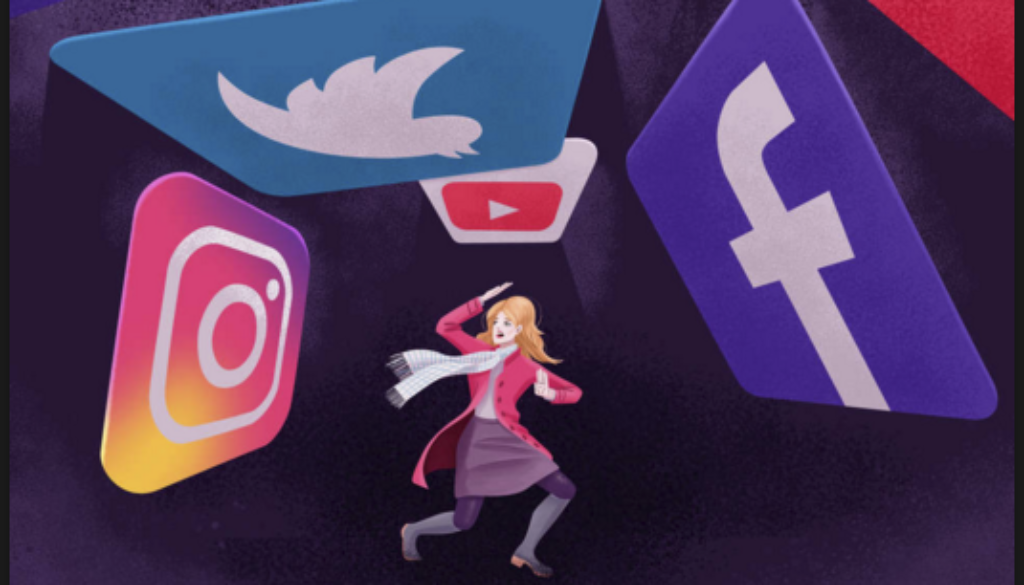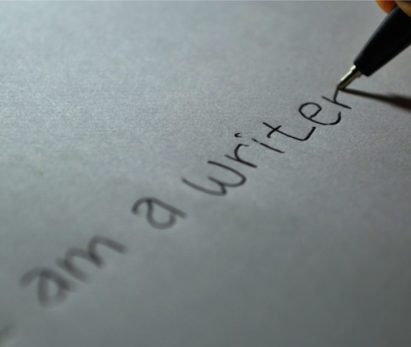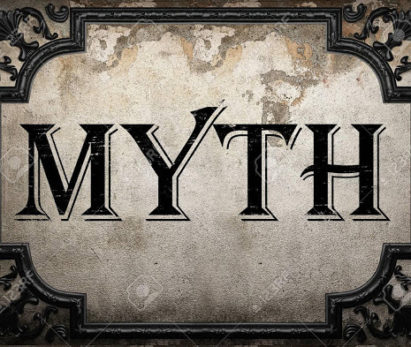Me vs Social Media
How social media can affect mental health
It is easy to get lost in the life of Instagram feeds, tweets, Facebook posts, and snaps. Imagine scrolling down your feed and seeing that one of your followers had just got the job of your dreams, do you congratulate? Compare? Or ignore it? – Sometimes when we see others achieving their goals or even their false realities, we become discouraged because we haven’t reached that level of potential yet. Millennials today are so into their social media that they forget that there is life outside of their timelines, but does social media affect mental health? Or is everyone taking it too seriously?
While some are not bothered or intimidated by the success of the other, others tend to see it as a representation of who they should be and engage in self-doubt, envy, and depression. If this is you, let me start by saying, try putting the phone down sometimes, focus on you.
Social media has both negative and positive aspects to it, such as connecting with family and friends, business networking, and just being able to express yourselves. If you don’t read too much into it, social media shouldn’t have a massive effect on you negatively. But let’s be real, we have all been there before, scrolling and trolling, comparing random people’s lives with our own. Sometimes it can be truly motivating to see others shine, but for some, it may not be that way. In the Article, University Of Houston researcher, Mai-Ly Steers, states that this kind of comparison show symptoms of depression syndrome. After two studies, it provided evidence that people feel depressed after spending too much time comparing themselves to others on social media. “In their studies on uniqueness bias, Goethals, Messick, and Allison (1991) consistently found that males differentiated themselves from others more often than females. That is, men believed they were more intelligent, athletic, creative, and smarter than others. Conversely, women viewed themselves as at the same or below others on most levels. Women only tended to exhibit self-other differentiation on moral behaviors.” Steers said.
As women, we find ourselves constantly comparing our bodies and relationships to one another, never realizing that there are a plethora of reasons to nevermind others on Instagram. For many reasons, some people are living posting false realities just for social media. You never witness the hard work and dedication, or it’s not for you; period. If used correctly, social media can have a positive effect on mental health.
Here are some tips and tricks to overcoming FOMO (fear of missing out) and using social media without causing symptoms of depression:
- Limiting time on social media per day (i.e., 20 minutes per day, three days per week)
- Create a morning routine that does not include you going straight to social media
- Follow users who motivate you, make you smile, or add value to your daily life and goals. (Feel free to use that “mute” button if you don’t want to unfollow them)
- When posting a picture, don’t focus on likes. Post and Go.
- Stay away from pages that trigger you
- Stay off of negative news outlets
- Remember, there is only one you. No need to compare yourself.





